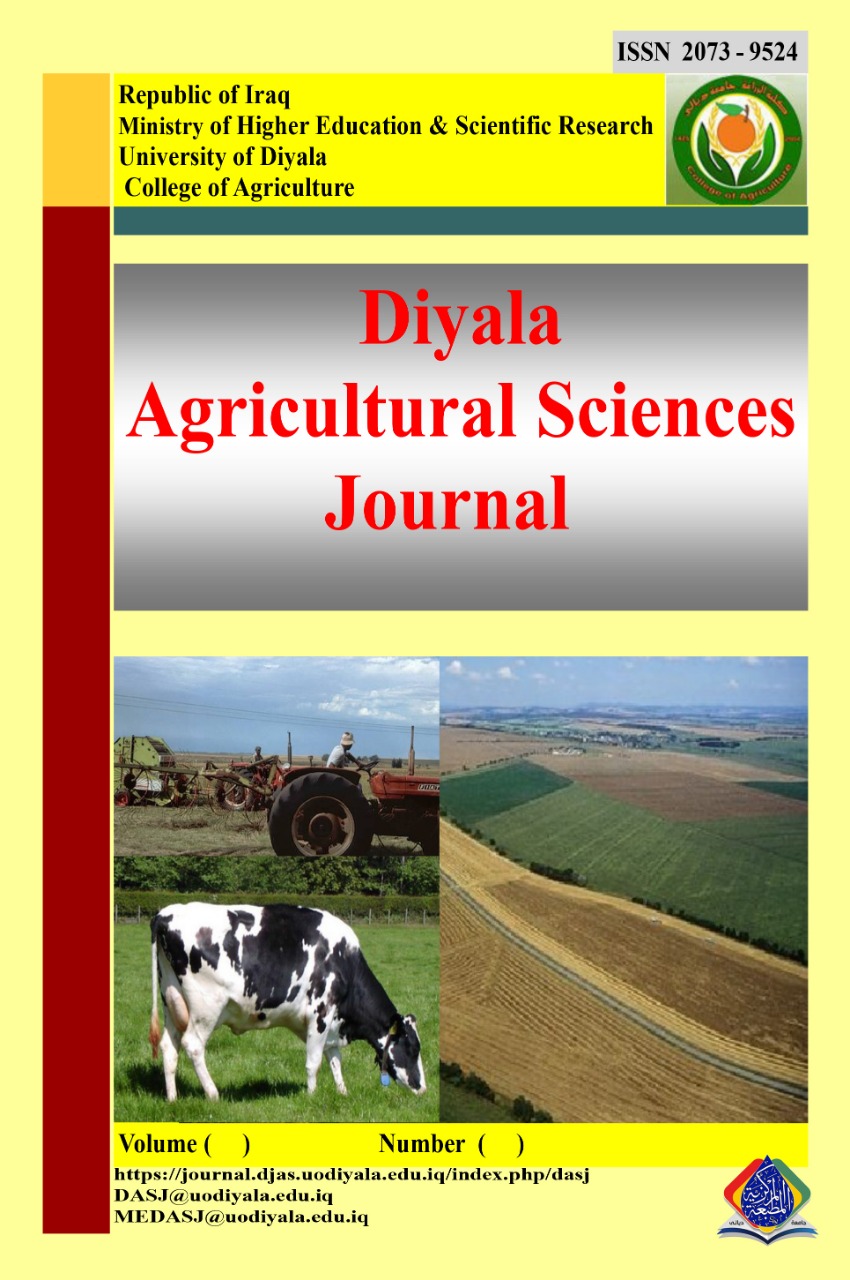About the Journal
Diyala Agricultural Sciences Journal (DASJ)
is an open-access online academic journal, originally established in June 2009. This journal introduces the latest research accomplishments in the fields of agricultural sciences. We highly welcome contributions from interested peers in all over the world, university students and other intelligent readers in agricultural sciences. Access to DASJ website is free for all.
DASJ offers you the full text of published articles in English without subscription fees. Readers can freely access all articles in our archives since 2009, This enables all contents of DASJ to be open and free for all readers. All publications submitted to DASJ undergo strict quality control with multiple peer reviews from qualified academics and editorial corrections as similar to conventional subscription-based scholarly print and electronic journals, Moreover DASJ Journal is published 2 times a year.
Published by College of Agriculture, University of Diyala, Baqubah City, Diyala Governorate, Iraq (View in Map)
Aims and Scope
Aims
DASJ is a global, scientific, and open-access journal. Publishing under the license of Creative Commons Attribution 4.0 International (CC-BY). seeks to publish those papers that are most influential in their fields that will significantly advance scientific understanding. The DASJ is a double-blind peer-reviewed open-access. The DASJ accepts original research articles and reviews articles. Plagiarism checked with Turnitin.
Scope
DASJ The scope of the journal considers papers in the field of agricultural sciences. includes the following fields:
- Soil Sciences.
- Water Resources.
- Field Crops.
- Horticulture Sciences.
- Animal Production.
- Agricultural Economics.
- Agricultural Extension.
- Agricultural Mechanization.
- Food Science.
- Plant Pathology.
- Environment and Pollution.
Journal Funding Sources
DASJ is a self-financed open-access journal, which is published in both online and print versions. Article publication charges levied on authors are the only source of income that is utilized in maintaining the administrative and print cost.

